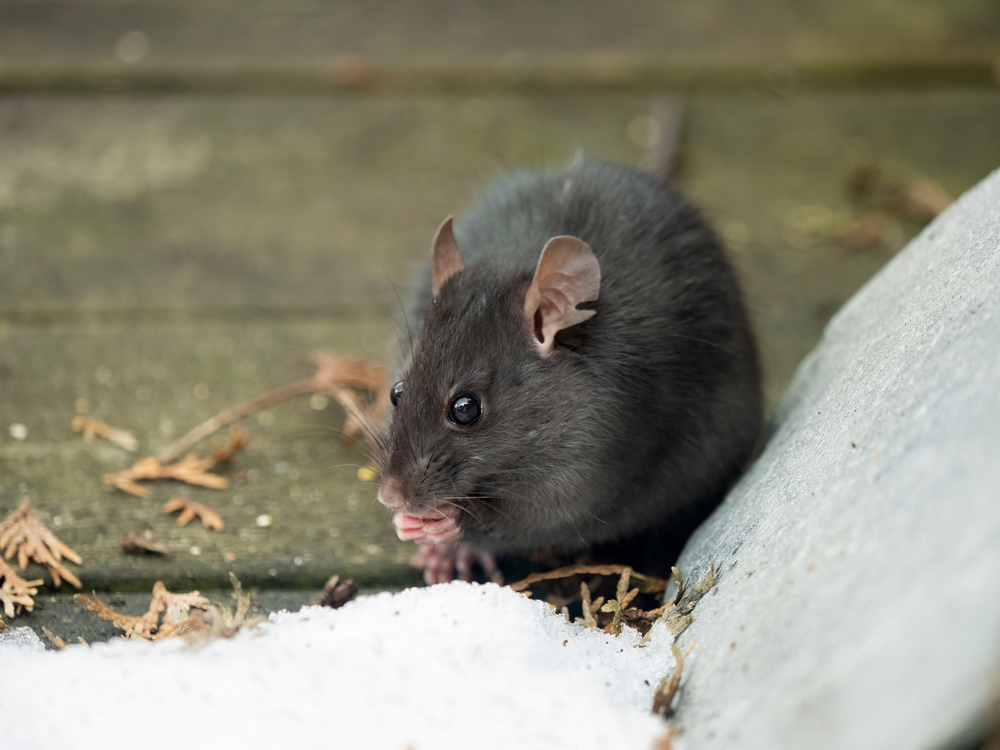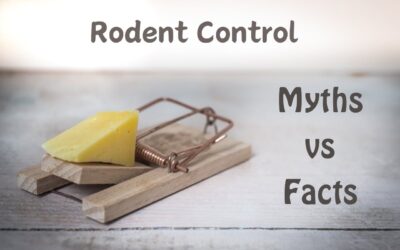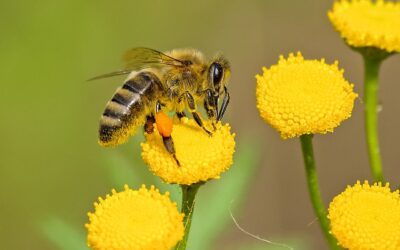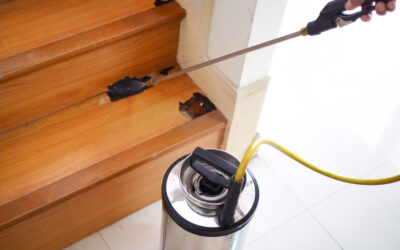As winter blankets Washington State in a cold embrace, the behavior of various wildlife species undergoes significant changes. Among the creatures adapting to the challenging conditions, rats and mice, while often unwelcome guests in homes and businesses are no exception. Understanding how rats and mice cope with the cold can help homeowners and business owners implement effective pest control measures to keep these pests at bay.
Seeking Shelter From the Chill
Rats and mice are well-known for infiltrating human spaces, especially in search of warmth and sustenance. As winter sets in, these rodents become increasingly desperate to find shelter from the chilly weather. In Washington State, where winters can be particularly harsh, rats and mice will actively seek out protected locations in and around homes, sheds, barns, and commercial structures. They can access these areas through tiny openings, such as gaps in foundations, loose window or door frames, and vents. This search for shelter becomes one of their top priorities during the winter months.
Nesting Behaviors
Rats and mice are prolific breeders, and in the lead-up to winter, they focus on creating secure nests to ensure the survival of their offspring. In Washington State, these rodents often build their nests in well-protected areas, such as attics, basements, and wall voids. Rats and mice collect materials like paper, fabric, and insulation to construct their nests. These cozy abodes provide insulation from the cold, which is essential for keeping their young warm and protected during the frigid winter months.
Hibernation vs. Activity
Contrary to some common misconceptions, rats and mice are not true hibernators. Instead, they are more accurately described as “seasonal invaders.” They don’t enter a state of deep, extended hibernation like some other animals. Instead, they remain active during the winter, albeit with reduced activity levels. In Washington State, the milder coastal areas, including Seattle and Tacoma, may experience less severe winters than areas in the eastern part of the state, such as Spokane. As a result, rats and mice in coastal regions may remain more active throughout the winter, while those in the eastern parts may reduce their activity levels due to the colder temperatures and heavier snowfall.
Foraging for Food
Food is a primary concern for rats and mice during the winter months. These rodents are known for their opportunistic feeding habits, and winter poses unique challenges for them in terms of finding sustenance. In Washington State, their preferred food sources are often scarce or less accessible in the colder months. Rats and mice are highly adaptable and will resort to scavenging for food in various locations, including trash cans, bird feeders, and pet food dishes. They may also venture further from their nests to locate food, which can lead them into human living spaces.
Indoor Infiltration
As rats and mice forage for food and shelter during the winter, they become more inclined to invade homes and businesses. In Washington State, this becomes a common problem for residents, especially in rural and suburban areas. These rodents can squeeze through remarkably small openings, making it challenging to seal them out. Once inside, they can cause substantial damage, contaminate food, and even pose health risks to humans through the spread of diseases. Effective pest control measures are essential to prevent infestations during the winter.
Dealing with Infestations
Washington State residents who discover rat or mouse infestations during the winter must take action promptly. Effective pest control methods include setting traps, using rodenticides, and sealing entry points. It’s important to approach rodent control with care, as rodenticides can pose risks to pets and wildlife if not used responsibly. In some cases, it may be necessary to consult with a professional pest control service to safely and effectively manage infestations.
Environmental Factors
The severity of a Washington State winter can impact the behavior of rats and mice. In areas with milder coastal climates, such as Seattle, these rodents may not face the same level of challenge as those in the colder eastern parts of the state. In regions with heavy snowfall, such as Spokane, rats and mice may find it even more difficult to forage for food and may resort to indoor infiltration more readily.
Additionally, the availability of food sources can vary in different parts of the state. Urban areas may offer more readily accessible food sources, while rural and suburban locations might require rodents to travel further for sustenance. These variations can influence the prevalence of rat and mouse infestations in different parts of Washington State.
The Role of Prevention
Preventing rat and mouse infestations during a Washington State winter is crucial. Homeowners and business owners can take several steps to deter these pests. This includes:
- Sealing cracks and openings in foundations, walls, and roofs.
- Keeping food stored in airtight containers.
- Regularly cleaning up outdoor areas, including securing trash cans and cleaning bird feeders.
- Trimming overgrown vegetation near buildings, which can serve as hiding spots for rodents.
By implementing these preventive measures, residents can reduce the likelihood of rat and mouse infestations during the winter.
Humane Removal Methods
When faced with a rat or mouse infestation, it’s essential to consider humane removal methods. Trapping and relocating these rodents can be a more ethical and environmentally friendly option. In Washington State, there are professional pest control services that specialize in humane rodent removal, ensuring that these creatures are safely removed and released away from human dwellings.
Rats and mice are a common nuisance in Washington State during the winter months. As the cold weather sets in, these rodents become more determined to find shelter and food, often leading them into homes and businesses. Understanding their behavior during the winter, including their nesting habits and foraging strategies, is crucial for effective pest control.
Residents of Washington State should take proactive measures to prevent infestations and address any existing problems promptly. By doing so, they can protect their homes and businesses from the unwanted intrusion of rats and mice and enjoy a more peaceful and rodent-free winter season.




